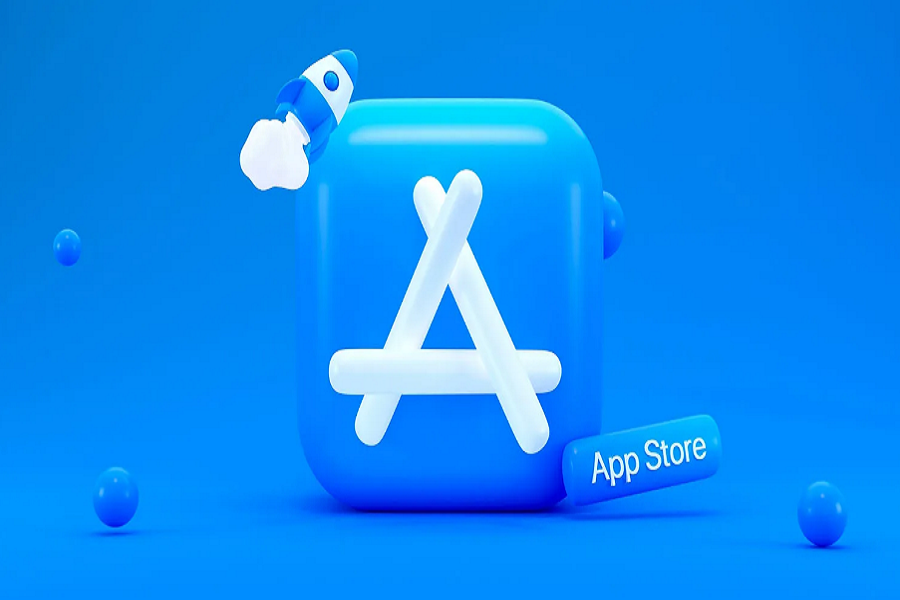With the advent of iOS 17, Apple has introduced a plethora of new features that have left users intrigued and excited. However, one feature that has been flying under the radar, and that Apple has been notably silent about, is the potential for sideloading and third-party app stores on the iPhone. This feature could potentially bulldoze a hole right through the iPhone’s walled garden, opening up a world of possibilities for users and developers alike.
The Walled Garden of Apple
Since its inception, Apple has maintained a tight grip on what users can and cannot do with their iPhones. The company’s strict requirements around content and privacy have ensured a squeaky clean reputation for the iPhone, with malware being a rare occurrence. This has been largely due to Apple’s stringent review process, where every single app must be manually reviewed and approved before it can be officially installed on an iPhone.
However, this restrictive approach has also been a point of contention. While it ensures tight security, it also limits the freedom of users and developers. The App Store is the only official platform for downloading apps on an iPhone, and Apple demands a 30% revenue cut from all app sales. This has led to accusations of monopoly, with critics arguing that Apple’s refusal to allow competing app stores on iOS is anti-competitive.
The Epic Battle
The controversy around Apple’s App Store policies came to a head with the legal battle between Apple and Epic Games, the developer of the popular game Fortnite. Epic Games, unhappy with the 30% cut demanded by Apple, introduced a new payment system that bypassed Apple and Google entirely. This led to Fortnite being removed from both app stores, sparking a lawsuit in which Epic Games argued that Apple’s refusal to allow third-party app stores on iOS constituted a monopoly.
While the lawsuit ended mainly in Apple’s favor, it brought the issue of sideloading and third-party app stores to the forefront. It also caught the attention of policymakers in the European Union.
The European Union’s Digital Markets Act
In 2022, the European Union introduced the Digital Markets Act, a wide-ranging piece of legislation that, among other things, requires big platform holders, or “gatekeepers,” to facilitate alternative ways to get apps on their customers’ phones. This means that, by law, the App Store will no longer be the only game in town.
This legislation is set to kick in by March 2024, and it is still unclear how Apple will respond. Will sideloading and third-party app stores be limited to just European iPhones? How easy will it be to load third-party app stores onto your iPhone once it is supported? These are questions that remain unanswered.
The Future of Sideloading on iOS
Despite the uncertainty, one thing is clear: a more open iOS is coming soon, at least for some users. This could lead to a new golden age for a more open iPhone, with users having more freedom to choose where they get their apps from.
However, it’s important to remember that this newfound app freedom could also come with potential security risks. Apple has always argued that opening up the iPhone would compromise user security and privacy. While this is a valid concern, it’s also possible for Apple to develop a system similar to Google Play Protect, which can detect and remove malicious apps regardless of where they came from.
In conclusion, the potential for sideloading and third-party app stores on iOS 17 is a game-changer. It represents a significant shift in Apple’s approach to app distribution and could have far-reaching implications for users and developers alike. As we await more details from Apple, it’s clear that the landscape of app distribution on iOS is set to change dramatically in the nearfuture.






